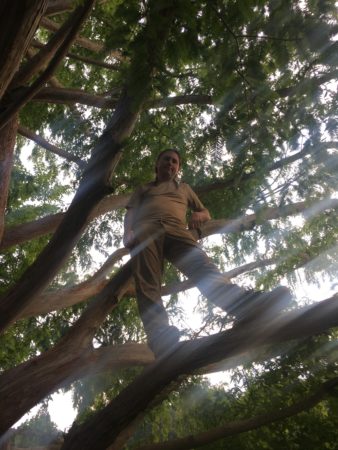CBS News reports that many Americans (including members of “Generation X” born between 1965 and 1980) have paltry retirement savings:
The typical Gen-X household with a private retirement plan has $40,000 in savings, according to a report this week from the National Institute on Retirement Security (NIRS). The figures are even more more alarming for low-income Gen-Xers, who have managed to stash away no more than about $4,300, and often even less, the group found. Across all members of the generation, some 40% don’t have a penny saved for retirement.
“Gen-Xers are fast approaching retirement age, but the data indicate that the vast majority are not even close to having enough savings to retire,” NIRS Executive Director Dan Doonan said in a statement. “Most Gen-Xers don’t have a pension plan, they’ve lived through multiple economic crises, wages aren’t keeping up with inflation and costs are rising. The American Dream of retirement is going to be a nightmare for too many Gen-Xers.”
…
Members of Generation X — the roughly 64 million Americans sandwiched between Baby Boomers and Millennials — aren’t the only ones struggling to meet retirement goals. Although boomers say they need $1.1 million for retirement, the median retirement savings is $120,000 for that generation, according to a recent study from Natixis Investment Managers.
The implications are worrisome. Will these people end up in severe poverty without government or family support? Or will governments need to increase taxation to provide universal benefits to people who haven’t saved? What consequences will the stress of these unfunded retirement needs have for families and the social support net?
Related:




